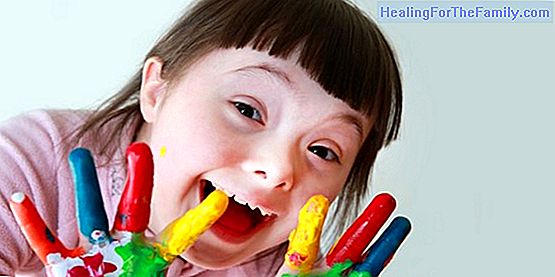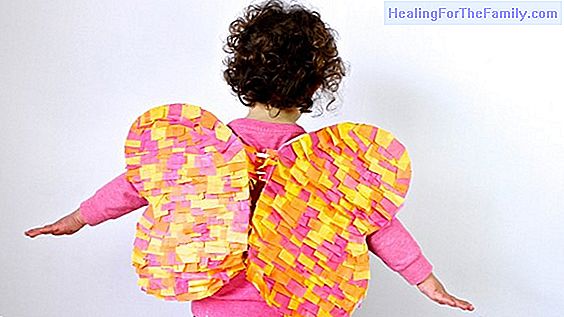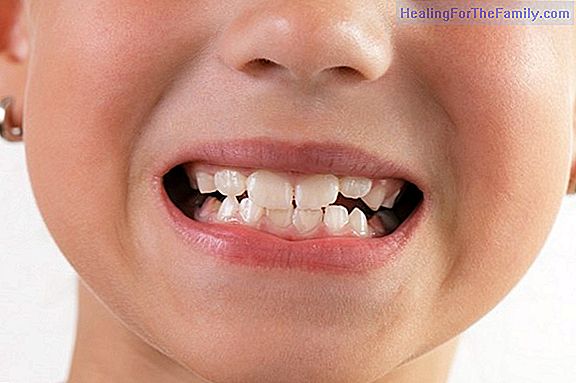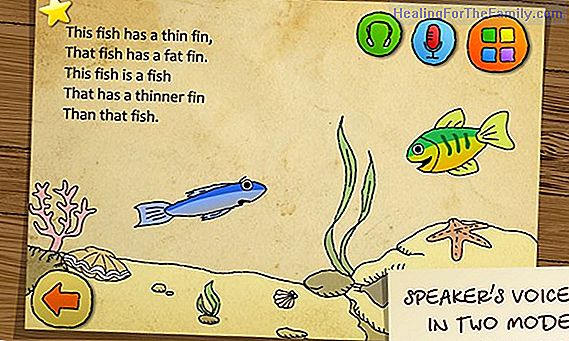What to do in the face of the bad responses of our children
There are more and less rebellious children: there are those who since early childhood are respondents and want to impose their criteria and others who are more conformist or peaceful. However, as they grow up, our children have more arguments when they discuss, try to negotiate, impose their ideas
There are more and less rebellious children: there are those who since early childhood are respondents and want to impose their criteria and others who are more conformist or peaceful.
However, as they grow up, our children have more arguments when they discuss, try to negotiate, impose their ideas or win those small battles of everyday life. It is then when we look at the sky and we sigh: "it is already here, it is preadolescence". But, what should we do if, in order to impose their criteria, they speak to us in a derogatory way, if they even insult us or go too far, how can we act in response to the bad answers of our children? The bad answers of our children ... how to act?
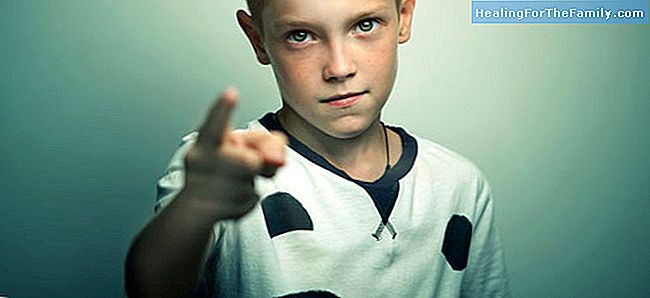
Although for us it is a kind of punishment that our little angel is trying to constantly look for a fight, to impose his criteria at all costs and every time we chastise him, he refutes each of the things we say to him, we have to accept that, in the Background is developing your personality and gaining negotiation skills, in short, it is growing and we must consider that you already have your own opinion.
However, in this phase what we can not and must not accept are the bad answers from our children, for everything there is a limit.
How to stop them if they speak badly in that phase? - Do not respond with bad answers
: get to your level and use the bad modes will only create a loop and a tension that will increase. It is true that it is easy to say but not to do it, however, it is essential that we do not do what we are trying to avoid in them. It is about educating them in a coherent way and, by example. Ser - Be clear:that we do not give bad answers does not mean that we have to allow them in our children. Without shouting, insulting and verbal violence, we must be firm and clear, we will not allow them to talk to us in that way and, while they do, we will not have a conversation with them.
- What is behind the bad reply? We have to try to find out what's wrong with him, do not blame everything on preadolescence and know what bothers him, why he's angry with us and if there's anything we can improve so he does not feel so angry.
- Do not criticize being, criticizes being: means that, in a moment of conflict, you avoid "you are a contestaon", "you are bad", "you are a disaster", instead of putting labels on it, you will end up assuming Over time, we must question what he did, that moment when he was wrong.
- Do not laugh the child's grace cuando: when the bad answers are given in very small children, sometimes it makes us funny, and we laugh when they respond, however, from the first manifestations, we must let them know that it is not form to speak and that, we will only pay attention to him when he speaks to us correctly. No - Do not allow the insult : sometimes we do not set clear rules and we put so many that the children find it confusing. It is preferable to put few rules but very clear and one of them may be: "do not stick and do not insult." When they are calm we will explain to them the importance of tolerance and respect in the treatment of others and that an idea or a criterion can be defended without the need to give bad answers or insult. Conse - Consequence to the bad answers:
If the children come to insult us or give a hurtful and painful answer, we can send them time out, instead of screaming and arguing. We will separate you from the situation without getting involved in the battle so that you realize that you have hurt our feelings and that we do not want to be with him if he behaves like that.

